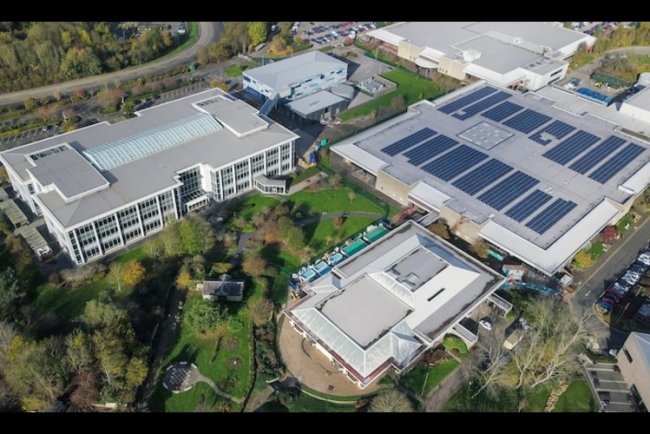UpEnergy Issues Africa’s First Electric Cooking Carbon Credits
UpEnergy issues Africa’s first electric cooking carbon credits, revolutionizing clean cooking and climate finance.

In a first for climate finance and energy poverty alleviation, UpEnergy, a social enterprise working towards sustainable energy products, has issued the first-ever electric cooking carbon credits in Africa. This breakthrough, which was made under the Methodology for Metered & Measured Energy Cooking Devices newly formulated by Gold Standard, is a new benchmark for clean cooking programs through real-time monitoring and verification of energy consumption and greenhouse gas (GHG) emissions cuts.
This success is the culmination of UpEnergy's bold Beyond Biomass program, set to deliver 250,000 clean cookstoves by 2028 to more than one million individuals throughout Africa. A focus on openness and accountability defines the program as it utilizes digital monitoring and sensor technology to record energy use in order to be sure that carbon emission cuts can be reliably counted. UpEnergy CEO Mitch Sauers emphasized the company's dedication to upholding the highest standards of carbon credit integrity and the importance of digital monitoring in this effort.
Beyond Biomass is already operational in Tanzania and Uganda and will soon be expanding into Ghana and Zambia. The program incorporates real-time sensor tracking into electric pressure cookers specifically designed for use in African homes. This intelligent strategy not only provides precise monitoring of emission cuts but also boosts cooking efficiency as a whole, enabling households to reap the benefits of quicker and more economical cooking processes. Up until now, 10,000 cookstoves have already been installed, with a long-term goal of hitting a quarter-million units. The project is anticipated to earn Verified Emission Reduction (VER) credits during the next ten years, confirming the scalability and financial sustainability of clean cooking initiatives.
Among the most characteristic traits of UpEnergy's electric cookers is the fact that they can retain data on consumption for as long as 13 months. This facilitates researchers and policymakers to learn essential information about cooking habits, again enhancing the efficacy and efficiency of clean cooking schemes. In comparison to conventional cooking techniques based on biomass, namely firewood and charcoal, electric pressure cookers reduce carbon emissions by a remarkable amount while conferring real gains to consumers.
Aside from the environmental benefits, the shift to electric cooking is a game-changer for African families. Perhaps the most direct benefit is the time saved. On average, cooking time has been cut by 37 minutes a day, which amounts to more than nine full days saved per year—a benefit that disproportionately accrues to women, who are conventionally tasked with household cooking. Furthermore, the change from charcoal to electricity brings fiscal relief, and families in Tanzania save about $0.26 a day while families in Uganda save $0.51 per day on fuel costs. Savings add up to reduce fiscal costs on families over time and provide economic stability.
The project also stimulates employment, generating more than 180 direct and indirect jobs that have already been created. In addition to that, it stimulates local economic growth while enhancing program sustainability through the establishment of skilled labor to conduct clean cookstove deployment and maintenance.
Mitch Sauers reiterated UpEnergy's larger mission, explaining that their purpose goes beyond the deployment of electric cooking solutions. "Our commitment to integrity goes beyond electric cooking… Our objective is the same: to accelerate decarbonization in the Global South and for a just energy transition," he asserted.
For the future, UpEnergy is investing in next-generation indoor air quality monitoring technology to more accurately measure the health effects of clean cooking. By tracking levels of PM2.5 and carbon monoxide, the company seeks to know how switching from biomass to electric cooking impacts indoor air quality in the home. Besides its carbon credit activities, UpEnergy is also researching fuel-efficient cookstove technology with built-in temperature sensors for even higher precision data gathering.
By combining state-of-the-art monitoring with tangible benefits to the community, UpEnergy is not only lowering emissions—it is changing lives. As Africa heads toward a greener, more sustainable future, the success of projects such as Beyond Biomass proves that carbon finance has the potential to be a great driver of both environmental advancement and socioeconomic growth.
What's Your Reaction?

















